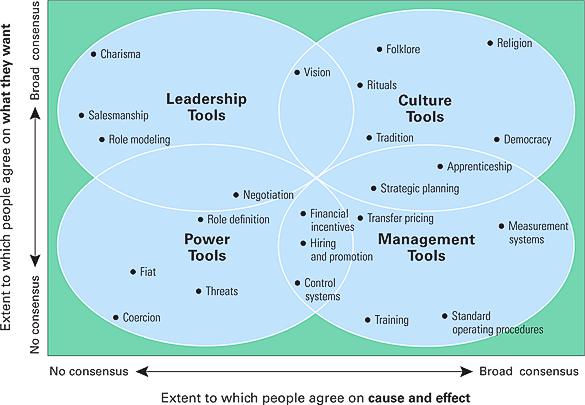Notes and Takeaways from How will you measure your life?
Source: HBR
When I read it: February 2025, most recently.
Why I read it: I rediscovered this article as part of my research on regret minimization. I’ve followed Clayton Christensen’s work for years and will continue to revisit it over the rest of my life. I also enjoyed watching his son, Matt Christensen, play basketball when he played for the Duke Blue Devils. He was a beast. Here are my notes from a timeless article.
Read the original article or scroll down for my notes.
Want to get my future notes when I publish them? Subscribe to my weekly newsletter below.
My notes
A bit about Clayton
Clayton M. Christensen was a best-selling author, academic, and business consultant. He wrote The Innovator's Dilemma, one of the most influential business books I’ve ever read. He was also a professor at Harvard Business School and a leader in the LDS (“Mormon”) church.
Teach people how to think and make decisions.
Instead of telling people what to think, teach them how to think. Help them learn how to arrive at the correct decision on their own.
When people ask you for help, try not to answer the question or do the work for them. Instead, share how you might think through the topic based on mental models, knowledge, and experience. This might not give them the answer, but it will give them new ways of thinking.
How will you measure your life?
In his famous article, “How Will You Measure Your Life?”, Clayton Christensen discusses an exercise he puts his students through on the last day of a class. He asks his students to answer three questions about themselves:
How can I be sure that I’ll be happy in my career?
How can I be sure that my relationships with my family become an enduring source of happiness?
How can I be sure I’ll stay out of jail?
How can I be sure that I’ll be happy in my career?
In The Motivation to Work, Frederick Herzberg argues that money is not the most powerful motivator in our lives. Instead, he suggests the most powerful motivators are the opportunities to learn, grow in responsibilities, contribute to others, and be recognized for achievements.
According to Clayton Christensen in How Will You Measure Your Life, “Management is the most noble of professions if it’s practiced well. No other occupation offers as many ways to help others learn and grow, take responsibility and be recognized for achievement, and contribute to the success of a team… Doing deals doesn’t yield the deep rewards that come from building up people.”
How can I be sure that my relationships with my family become an enduring source of happiness?
Due to shareholder supremacy, company decision-making systems often result in over-investment in short-term gains and under-investment in long-term strategies.
According to Clayton Christensen in How Will You Measure Your Life, “People who are driven to excel have this unconscious propensity to underinvest in their families and overinvest in their careers.” Don’t let this happen to your life. A solution to this mentality is maintaining a strong core purpose that forces short-term decision-making with your long-term personal values in mind.
To have a clear purpose, you have to think long and hard about it. Once you have it, you must keep it top-of-mind to guide your personal resource allocation—how you spend your time, energy, and talent. Your personal resources are finite, and your purpose helps you decide how to allocate them.
Delayed gratification is key to success in life. Business and personal failure are often traced back to overindulging in efforts that offer immediate gratification. When in doubt, delay gratification.
Families have cultures just like companies. Cooperation and teamwork are key to a happy life with family. The Four Types of Cooperation Tools (see image below) can be helpful at work and in a family. “Power Tools” like orders, threats, and coercion are the simplest, but “Culture Tools” like rituals, tradition, and folklore are the most effective.
The Four Types of Cooperation Tools. Source: HBR
How can I be sure I’ll stay out of jail?
Don’t fall victim to the “just this once” mentality. The marginal cost of doing something wrong “just this once” always seems justifiable. But giving into this temptation is dangerous. It’s much easier to stick to your commitments 100% of the time than to hold them 99% of the time. “Just this once” is a source of great regret that adds up over time.
Be Humble. Humility is important. Humble people maintain a high level of respect for themselves and for others. You can only be humble if you feel good about yourself and want to help those around you feel good about themselves Humble people see the opportunity to learn from everybody. This leads to unlimited learning opportunities.
Beware self-deception. When you act in an abusive, arrogant, or demeaning manner toward others, your behavior is almost always a symptom of your own poor self-esteem.
Final recommendation
According to Clayton Christensen, you should think about the metric by which your life will be judged and make a resolution to live every day so that when you die, your life will be judged a success.

